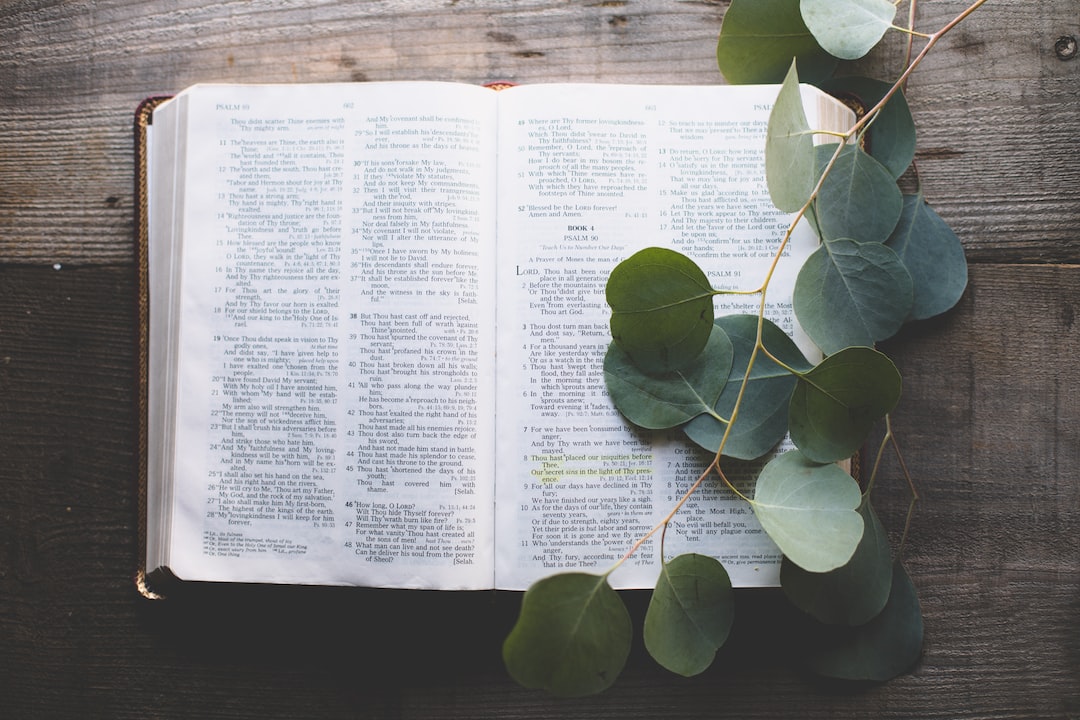The Concept of Divine Justice and Its Interpretations
Throughout human history, the concept of divine justice has been a subject of great contemplation and debate. The idea that a supreme being administers justice and rewards or punishes individuals based on their actions is deeply ingrained in various religious and philosophical traditions. However, the understanding and interpretation of divine justice vary significantly across different cultures and belief systems. In this blog post, we will explore the concept of divine justice and examine some of its interpretations.
Divine justice can be broadly defined as the belief that there is an ultimate fairness or balance in the universe, enforced by a higher power or deity. It is rooted in the notion that good deeds are rewarded, while evil actions are met with punishment. This idea has its origins in ancient civilizations, where the divine was often seen as an active force responsible for maintaining order and harmony in the world. The Egyptian concept of Ma’at or the Greek notion of Dike are prime examples of divine justice in ancient cultures.
One interpretation of divine justice revolves around the concept of karma. Derived from ancient Indian religions, karma is the law of cause and effect, which states that one’s actions in past lives or present life determine their fate. This interpretation implies that each person receives just what they deserve based on their actions, whether in this life or afterlife. It emphasizes personal responsibility and the interconnectedness of actions and consequences.
In many religious traditions, divine justice is closely associated with the idea of a final judgment or afterlife. For instance, in Christianity, the belief in divine justice is based on the idea that God will judge each individual’s deeds and determine their eternal destiny. This interpretation brings solace to those who have suffered injustice in this earthly life, as it offers the hope that true justice will prevail in the end.
However, this understanding of divine justice brings forth philosophical questions. How can a perfectly just and benevolent deity allow suffering and injustice to occur in the world? This dilemma has led to the development of various theories and interpretations attempting to reconcile the existence of evil with divine justice.
One of these interpretations is the concept of theodicy, which seeks to justify the ways of God in the face of evil. Theodicy aims to explain how a perfectly good and all-powerful God can coexist with evil in the world. Some argue that suffering and injustice are necessary for moral growth and the exercise of free will, while others propose that evil is a result of humanity’s separation from God.
Another interpretation of divine justice focuses on the idea of divine mercy. In this view, justice is not always about punishment or reward but about the opportunity for redemption and forgiveness. It suggests that a benevolent deity, rather than solely seeking retribution, extends grace and compassion to all beings, offering the chance for repentance and spiritual growth.
Furthermore, some interpretations emphasize the collective responsibility of society in maintaining divine justice. They argue that as humans, we are co-creators with the divine, responsible for creating a just social order and eliminating injustice. This interpretation compels individuals to actively work towards justice and equality rather than passively relying on divine intervention.
It is essential to recognize that interpretations of divine justice can differ greatly among different religious and philosophical traditions. Variations arise from diverse cultural backgrounds, historical contexts, and the particular beliefs and values associated with each tradition. Moreover, personal experiences, moral ideals, and individual understanding of justice contribute to the diversity of interpretations.
Ultimately, the concept of divine justice reflects humanity’s search for meaning, order, and fairness in the face of a complex and often unjust world. While interpretations may vary, the central idea of a higher power administering justice and rewarding virtue remains a fundamental aspect of many belief systems.
In conclusion, the concept of divine justice is a multifaceted idea that has intrigued and inspired humanity for centuries. From ancient civilizations to modern religions, individuals have sought to understand and interpret how a higher power administers justice and maintains balance in the universe. Whether through karma, final judgment, theodicy, mercy, or collective responsibility, divine justice offers a framework for contemplating the nature of fairness, redemption, and moral growth. As we grapple with life’s challenges, the concept of divine justice provides solace and hope, reminding us of the potential for justice in this world and the next.

